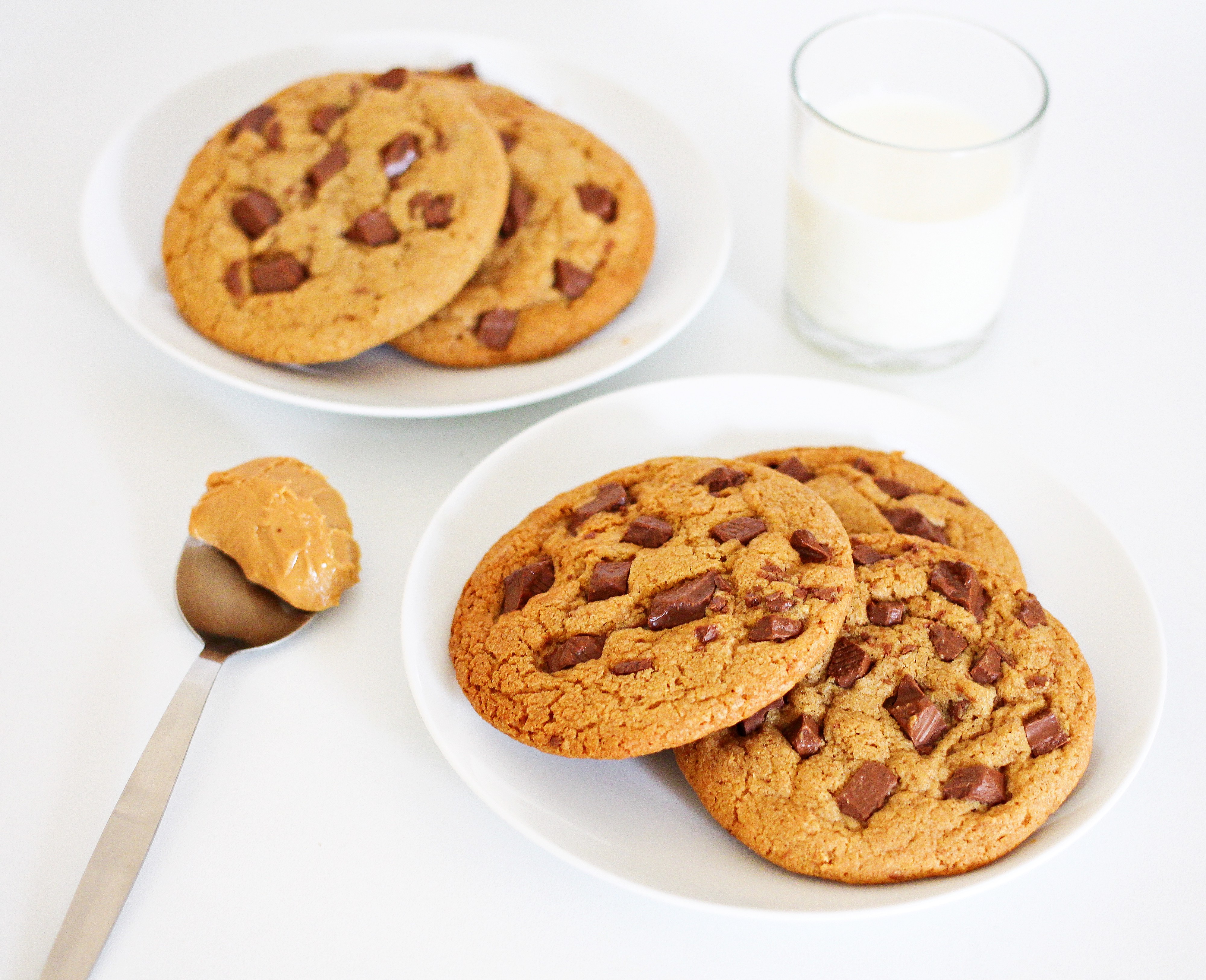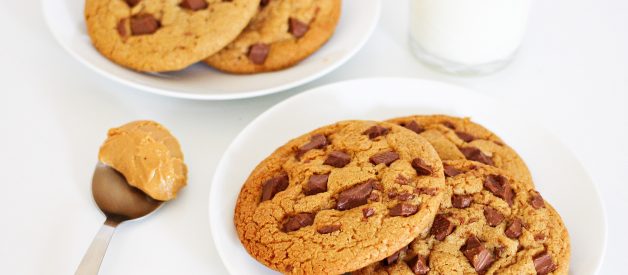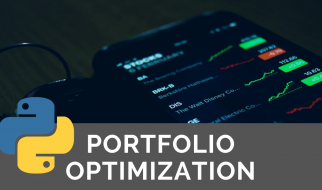Morbid obesity is bigger than gluttony or laziness.
 Image by Nazia A / Foodiesfeed
Image by Nazia A / Foodiesfeed
Fat and lazy?that?s what most people think about morbid obesity, right? The most widely held belief about a super fat person is that they must have gotten that way simply by being lazy and stuffing shit in their face all day long, 365 days a year.
That?s the ultimate message we get when experts call weight loss the sum of eating less and moving more. End of story. So if a person is fat?really fat?we readily accept the notion that they must sit on the couch all day long, watching TV and binge eating donuts and potato chips.
As a society, we don?t really believe that fat people are much like us ?normal people??but they could be like us, if only they made better decisions as we do.
Except that I?m not writing this as any normal person. I am writing this as a fat woman, a really fat woman, a morbidly obese American who weighs 400 pounds. Sometimes more, sometimes less. That number is probably shocking to readers who don’t know me, and I imagine that the big question is how on earth did you let yourself get so big?
Allow me to try to explain it-?because laziness or eating too much junk food isn?t a completely honest answer.
First off, let me be clear when I say it?s different for every fat person. Obese people get slapped with so many labels and generalizations, yet weight gain?and weight loss?is highly individual. One of my missions as a writer is to speak about my experience as a fat woman in a way that is completely honest and unfiltered.
Hormones and genetics play a role in morbid obesity.
Does it seem like every fat person has a health condition for an excuse? Then surely, I won?t disappoint you. When I was 5 or 6 years old, I was diagnosed with Central Precocious Puberty. That?s an endocrine disorder where your body enters puberty earlier than it ?should.?
I was treated with medication for more than 6 years to stunt my body?s changes, and had my first period medically induced. My hormone levels and symptoms were constantly monitored, and I was given a diagnosis of another hormonal disease?Polycystic Ovarian Syndrome–at age 14.
PCOS is commonly linked to excess weight, and studies have shown that women with PCOS burn fewer calories than women without the disease. For most women, when we?re talking about diet and weight loss, 1200 calories is a fair starting point. In fact, many health professionals advise women not to fall below that number. Women with PCOS however, have been shown to either not lose or lose less weight than other women who go on a 1200 calorie diet because we naturally burn fewer calories.
And genetics? Yes, obesity seems to run in families whether or not relatives actually know and have contact with one another. In my own family, I have seen a tendency for women to hold disproportionate weight in their calves and thighs, though I seem to have gotten the worst of it. Lipedema is a huge factor?a poorly understood condition where your calves and thighs (and eventually, upper arms) collect unusual fat deposits which do not respond to proper diet and exercise.
Of course, no one told me I had lipedema until a year ago. My endocrinologist was concerned with my weight my entire childhood. I still recall how nervous I was each month for my doctor appointments because my weight seemed to creep up every damn time.
In second or third grade, I quit drinking my milk at lunch because I knew I needed to be on a diet. My principal encouraged me to drink it anyway and when a friend loudly announced that I was dieting, I was humiliated.
I looked normal?unless I wore shorts or a swimsuit. Then I was clearly and unusually pear-shaped. My body was embarrassing and stressful, even from a very young age.
Upbringing and lifestyle play their parts as well.
I learned very few healthy habits in my childhood. Don?t get me wrong?that?s no excuse to be unhealthy as an adult, but it certainly makes healthy living more complicated. My mom either starved herself or overate, and never managed her own weight well.
And although there was a brief period in my childhood where we walked everywhere, physical activity was not a significant aspect of our lives. Food was definitely the fixture.
As an adult, I can see that my childhood wasn?t normal?it was far too sedentary and isolated. But we were also very poor?my mom didn?t work, and we never had the luxury of a car. There was no money for swimming lessons, dance classes, or many other ways to get kids active.
I didn?t have a bike or roller skates that fit? so I never learned how to do those things. I did play softball for a couple of seasons because my father agreed to pay for it?but I was terrible. I can still see the exasperation on my coach?s face as I failed to catch the ball again and again.
Looking back on our holidays as a child, food took precedence over everything else. Which to an extent makes sense because when you?re dirt poor, there?s only so much comfort available to you, and there’s only so many resources with which you can treat yourself and your family.
Clearly, a lot of junk food is cheap! So for us, food was more of a love language than fuel, a coping mechanism even, and eventually, it was a very poor stand-in for connection and relationship.
Weight loss and weight gain is a process.
Like many super obese people, it took years of struggling with my weight for me to get to the point of weighing nearly 400 pounds. In my freshman year of high school, I went vegan and lost ten pounds to get down to 135. I was about 5 and a half feet then?and still am.
My mother took me to a free consultation about liposuction for my calves and the doctor never mentioned I had lipedema, but he said I needed to lose about 25 pounds for him to do it. Honestly, losing 25 pounds felt even more impossible than ever paying for cosmetic surgery.
In my senior year, I went off of my vegan diet and my weight gain spiraled out of control. I weighed 225 pounds at graduation and felt miserable.
In college, I made myself stick to my own 800 calorie diet and got down to 185 pounds. After a while, I found the diet to be too stressful, and my weight crept up as I prepared for my wedding at age 20. My marriage was short-lived and unhappy; by the end of that 2.5 years, I weighed 308 pounds and had zero confidence in myself.
After my divorce, I began working out every day and went back on my own very low-calorie plan that was 800 calories or less each day. I also worked a retail job that kept me on my feet. Within 8 months, I lost over 100 pounds and got to 196. But once again, I suffered burnout from the diet and began to gain weight as I dated again and went out to eat at restaurants.
I still remember the terrible feeling of waking up in the morning and touching my tummy?I knew I was gaining back the weight that I had worked so hard to lose, but I felt powerless to stop it.
My weight surely did creep? this time up to 355. After a few years of that, I decided to get serious about my weight loss again when I was 30. I began to dabble with a raw vegan diet and lost about 20 pounds on my own. Then I began a ?raw food boot camp? program and went down to 285 in 6.5 months.
I spent two hours on the treadmill at work every single day. But I felt great and planned to keep losing the weight. I got down to 250 in less than a year of seeing 355, but derailed myself in 2013 with a spectacularly poor relationship choice.
By the fall of 2013, I was quickly gaining weight again after moving across the country for the wrong kind of partner, and I was unexpectedly pregnant to boot. I was diagnosed with gestational diabetes, and I controlled my blood sugar well with my diet, but my weight had already gone up to 330.
After giving birth to my daughter my diet suffered again and I put on more weight while I breastfed her a bit more than 2 years. With motherhood, food became my coping mechanism.
Today my daughter is nearly 5-years-old and my weight finally quit ranging between 340 and 375. It’s right at 400 today. Yes, I have tried Keto, low carb, zero carb, fasting, vegan, intermittent fasting, and LCHF in the past 4+ years, but I never get below 340 pounds.
And I was holding pretty stable at 340 for many months, when I began to battle more eating addiction over the past year. Plus, I can easily gain 30 pounds in a month, partly due to lipedema which increases water retention.
Obesity is more than a physical issue.
I don?t want to try to speak for other obese women, but for me, my mental health is very strongly linked to my weight. If you haven?t seen me for a while, and my weight goes up in the meantime? It?s a telltale sign that I?m not doing well emotionally or personally.
Furthermore, I have found that when I experience a triple-digit weight loss, I also go through extreme mental and emotional upheaval which I still don?t fully understand. I am convinced that a significant missing component of most weight loss journeys is our mental health.
I?m a rather isolated person, and practically a shut-in at certain times. That, without a doubt, impacts my mind and body. And my inner voice impacts my weight. When I call myself fat, lazy, or hopeless, I am much less likely to make healthy choices and much more likely to fall back upon my eating disorders.
When I learned a couple years ago that I have lipedema, I sank into a deep depression because suddenly, I had no hope of ever having ?normal? legs. No matter how much weight I lose, I will still have legs? well, legs like tree trunks. That devastated me for a very long time.
Sometimes self-care sucks… hard.
If you want to lose any significant amount of weight, you must prioritize your self-care. Which is in its own right is somewhat depressing because self-care is a discipline that takes plenty of resources.
Whether it?s time, money, transportation, childcare, or simply a better living arrangement with greater access to healthy food-?self-care isn?t completely free. This is something that I think nearly every mom can relate to. We all know we need to fill our cups first before we can adequately care for our families, but we still put ourselves last on the list because it?s so damn hard to find the time or money.
Self-care isn?t a luxury, but it sure feels like one, and I?d say it can be a bit of a privilege.
Any time we talk about being about being morbidly obese, and how that even happens, we are talking about a truly weighty issue. It isn?t all physical. It isn?t all about food.
It is emotional, spiritual, mental, physiological, social, and so much more. I?m positive that if obesity and weight loss were a cut and dry simple science, most everyone would lose the weight and keep it off. And the experts would agree about why we get fat and exactly what we can do about it.
So the next time you see a person who is really fat? I hope you can consider that it might be a much more complicated issue than you as a ?normal person? could ever understand.
Join my email list to keep in touch.


